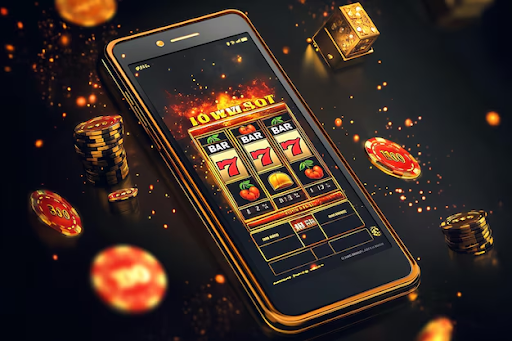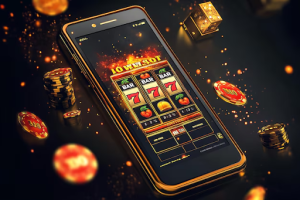
When you’re spinning the reels on your favorite online slot machine, it’s easy to get wrapped up in the excitement. But have you ever caught yourself thinking, “This machine is due for a win” or “After so many losses, I’m bound to hit the jackpot soon”? If so, you’ve experienced the Gambler’s Fallacy. This common misconception can lead to poor decisions and unnecessary losses. In this article, we’ll explore what the Gambler’s Fallacy is, why it’s a trap, and how you can avoid falling into it while playing slots.
What Is the Gambler’s Fallacy?
The Gambler’s Fallacy is the mistaken belief that past events influence future outcomes in situations governed by chance. In simpler terms, it’s when you think that if something hasn’t happened in a while, it’s more likely to occur soon—or vice versa.
Example in Slot Machines
Slot machines operate on a Random Number Generator (RNG) system. Each spin is completely independent of the last. Whether you’ve just had a big win or a series of losses, the outcome of your next spin is entirely random. Believing otherwise is falling into the trap of the Gambler’s Fallacy.
For instance, if you’ve been losing for an hour, you might think a win is just around the corner. Unfortunately, this belief has no basis in reality and can lead to reckless betting.
Why Is the Gambler’s Fallacy a Problem?
Falling for the Gambler’s Fallacy can cloud your judgment and negatively impact your gameplay. Here’s how:
- Overbetting: Believing a win is imminent might lead you to increase your bets, risking more than you can afford.
- Chasing Losses: If you think you’re “owed” a win, you might keep playing even when you should stop.
- Ignoring Reality: Slot games are designed for entertainment, not guaranteed profits. Forgetting this can turn a fun activity into a financial stressor.
How to Avoid the Gambler’s Fallacy
Staying mindful and making informed decisions can help you avoid the pitfalls of the Gambler’s Fallacy. Here are some practical tips:
1. Understand How Slots Work
Remember that each spin on a slot machine is independent and determined by a Random Number Generator. There’s no pattern, no memory, and no way to predict the outcome.
2. Set a Budget
Before you start playing, decide how much money you’re willing to spend. Stick to this budget no matter what happens. This approach keeps you in control and prevents chasing losses.
3. Focus on Fun
Slot machines are primarily a source of entertainment. Instead of playing with the expectation of winning, focus on enjoying the gameplay, graphics, and features. Wins should be seen as a bonus, not a goal.
4. Take Breaks
Taking regular breaks can help you stay level-headed and avoid impulsive decisions. Stepping away from the game gives you a chance to reset and evaluate your gameplay.
5. Avoid Superstitions
Lucky charms, rituals, or “strategies” don’t influence the outcome of a jackpot338 slot game. Recognizing this can help you avoid falling into the trap of false expectations.
The Role of RTP in Slot Games
While we’re discussing slot strategies, it’s worth mentioning Return to Player (RTP). RTP is the percentage of all wagered money that a slot game is expected to pay back to players over time. For example, a game with a 96% RTP will, on average, return $96 for every $100 wagered.
Why RTP Matters
Although RTP doesn’t guarantee individual outcomes, it can give you a sense of a game’s overall payout potential. Choosing slots with higher RTP can be a smarter way to play. However, always remember that RTP doesn’t negate the randomness of each spin.
Conclusion
The Gambler’s Fallacy is a common trap that many slot players fall into, but with a little awareness and discipline, you can avoid it. By understanding how slot machines work, setting a budget, and focusing on entertainment rather than profits, you can keep your gameplay enjoyable and stress-free.
So, the next time you find yourself thinking a win is “overdue,” remind yourself of the Random Number Generator and take a step back. After all, the key to enjoying slots is to play responsibly and have fun.








